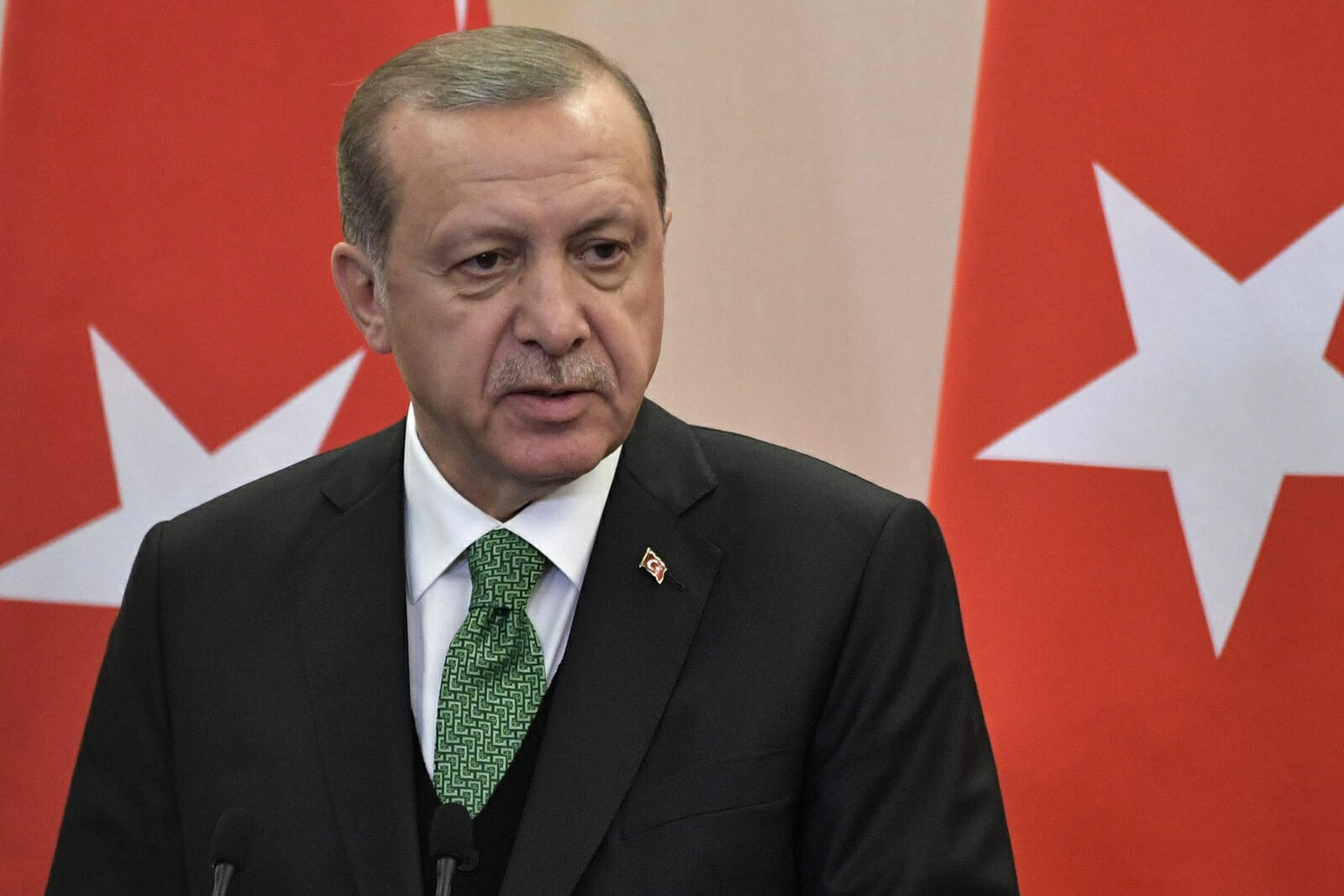
Are Turkey and its Neighbors Turning a New Page?
Despite experiencing a period of domestic and diplomatic unease over the past few months, Turkey appears set for a brief period of calm. Things should be cooling down for Turkey, as the country’s leaders make efforts to reach out both internally to their people – in particular, the Kurdish community – and externally to the region, strengthening their political and diplomatic ties. Internally, the Turkish Government has taken a major step towards reconciliation with its Kurdish community through the implementation of an energy partnership with the Kurds in Iraq. The Washington Post reports that the planned oil pipeline promises to provide the Iraqi Kurdistan region with an independent stream of revenue, which has gladdened the Kurdish community in general. It is a rather surprising move since in the past Turkish leaders have opposed encouraging any measure of autonomy for Iraqi Kurds, mostly for fear that Turkey’s own Kurdish minority might be encouraged to separate.
Externally, the Turkish Prime Minister, Recep Tayyip Erdoğan, has been busy re-implementing his “zero problems with neighbors” policy. Turkish Foreign Minister Ahmet Davutoğlu went on an official visit to Iraq last weekend, conducting high-level meetings in an attempt to repair ties between the two countries after years of uneasy relations. At a press conference in Baghdad, Davutoğlu admitted that there was a period of silence between Turkey and Iraq, but said that now there is a greater effort to overcome that situation.
The Iraqi Foreign Minister Hoshyar Zebari built on Davutoğlu’s remarks, stating that “a new page has now been turned” in relations between Turkey and Iraq. Davutoğlu went on to say that Turkey also planned to open more border crossings, and to increase the number of flights between the two countries.
This, too, has gladdened the Kurdish community, which is largely spread over both sides of that border.
The elephant in the room is obviously what to do with Syria. The Turks are backing the opposition and Iraq is supporting the current Syrian government. Despite this, both sides did agree that the best solution would be peace in the region. In an optimistic statement, Davutoğlu said that there can be differences of opinions, but this also “prepares the ground for cooperation.”
Similar discussions were held earlier this month between the foreign ministers of Turkey and Iran, which led to a significant rapprochement between the two regional powers. The two finally began a conversation over Syria, realizing that despite differences, they share a number of similar concerns and interests.
Strides for peace have also been made westward, in the direction of Europe. Last Friday, at a meeting with the EU Enlargement Commissioner Stefan Füle, Davutoğlu said he hoped that comprehensive talks on Cyprus would be launched as soon as possible so that the issue would no longer be a discouraging factor between the EU and Turkey.
According to the Hurriyet Daily News, Davutoğlu said: “the Turkish side has the determination to launch a process on Cyprus gathering together Greek Cypriot and Turkish Cypriot leaders while pursuing negotiations on the basis of earlier talks before reaching a solution through an international conference.” He went on to say that a solution on the Cyprus issue would not only bring peace to the island but also pave the way for the EU to become a global actor with Turkey’s accession to the European Union. Davutoğlu also expressed Turkey’s expectations that France soften its position on accession, saying that Ankara and Brussels were making progress on visa liberalization and readmission issues.
Füle agreed that the timing was right to launch Cyprus talks. According to the EU Observer, Füle said that “recent developments in Turkey underline the importance of EU engagement and of the EU remaining the benchmark for reform in Turkey. To this end, accession negotiations need to regain momentum, respecting the EU’s commitments and established conditionality.”
Strategic Interests
Turkey’s interests in restoring diplomatic relations with Iraq and Iran are largely motivated by two key factors. First, Turkey is acting to maintain its substantial trade relations with those countries. Iraq represents Turkey’s second-largest trading partner, and a potential large-scale source of resources should Turkey succeed in its attempt to navigate Iraqi political waters and import oil from Kurdistan. Increasing trade with Iran has also become a focal point for Turkey.
The second cause of Turkey’s renewed interest in relations with Iran and Iraq is the realization of mutual interests in relation to the ongoing conflict in Syria. Tensions initially rose as Iran and Iraq strongly disagreed with Turkey’s support for the rebel forces attempting to depose Bashar al-Assad. Now, however, it appears that Turkey has come to realize the full impact a spillover from the Syrian conflict could have on its own territory. Instances of militia violence related to the Syrian conflict are becoming increasingly common within Turkey’s borders.
Re-engagement with Iraq and Iran largely reflects Turkey’s concerns over this emerging security threat. Turkish leaders have changed their mind, understanding that cooperation – not contention – between Turkey and its neighbors is necessary to ensure that the Syrian conflict does not spread into the region.
This realignment is occurring within the context of a subtle shift in Turkish foreign policy that has now become apparent. Recent events have demonstrated a willingness in Turkey to repair its “international image,” which has taken a hit in the past several months. (Its management of protestors, of Syrian refugees, and its backing of the Muslim Brotherhood in Egypt all drew critical responses from the international community.)
The renewal of discussions with the European Union are a clear example of the strategy to repair Turkey’s image. Echoing the words of the Iraqi foreign minister, Turkey’s chief EU negotiator described the negotiations as “a turning point in Turkish-EU relations.” Turkey has not made many friends with its foreign policy as of late, but there are signs that the Turkish government is interested in thawing these chilled relations.
Social Influence
The domestic unrest that took place last summer, in the form of anti-government protests, certainly played a role in both tarnishing Turkey’s international image and stalling Turkey’s EU accession negotiations. Incidentally, progress seems to be underway in this area too. This week, Istanbul will be hosting a special summit on the events that shook the nation last summer, and that may clarify what happened.
Socialist International Secretary-General Luis Ayala told Hürriyet Daily News that the group would have a two-day special session on Gezi Park protests during the summit. Ayala said, “we are very interested in listening and learning more of the Gezi Park protests…we are going to listen to some of the actors and peoples who participated in demonstrations.” Allowing frank conversation over the protests to unfold is a sign that the government has let down its guard, as claims can be planted and possible solutions discussed.
As ties between Turkey and Iran/Iraq strengthen, we can expect to see an uptrend in the value of companies that do business between these countries. However, Baghdad could attempt to limit the dealings of Turkish companies in Kurdistan, as it may try to regain control over the relationship between Turkey and Kurdistan. A specific example of a Turkish company at risk is the state-run Turkish Energy Company, which was created to serve as Turkey’s counterpart in oil-related dealings with Kurdistan.


